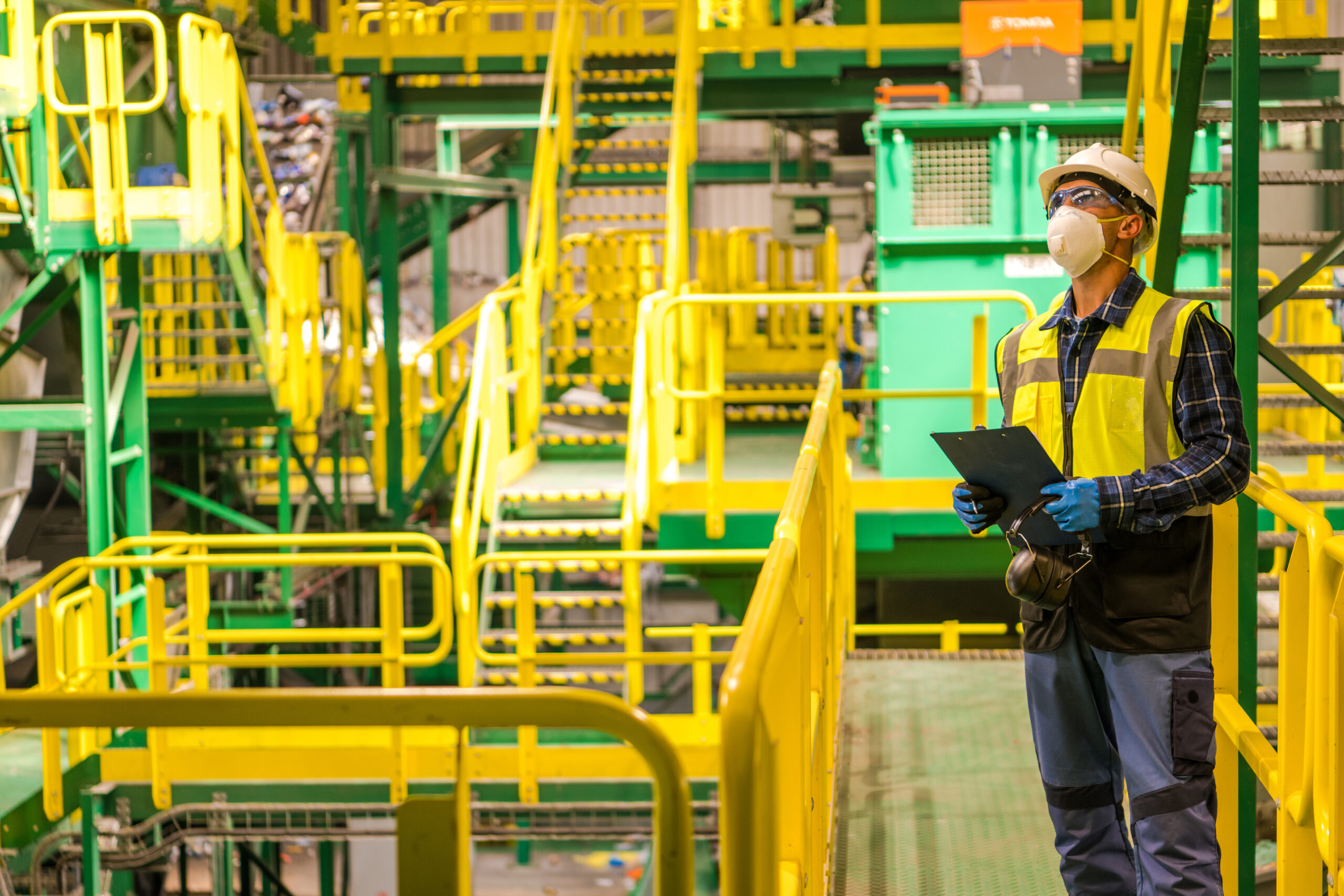Over the past two decades, Artificial Intelligence has remained as one of the rising trends. We encounter the practices of AI in every aspect of our lives.
As proper waste management has become a rising issue in the present world, artificial intelligence has the power to manage the waste management process effectively and efficiently.
AI in Solid Waste Management
Waste management is one of the major challenges faced by humanity, but hopefully, the situation can be better tackled with the introduction of AI in solid waste management.
According to World Bank, the amount of municipal solid waste produced is expected to increase by 3.4 billion tons by 2050. Thus, a proper waste management solution remains the need of the hour, and AI-integrated smart solutions make it possible.
AI-powered solutions can manage the amount of food waste to a certain extent. It is estimated that about 1.3 billion tons of food waste are generated yearly. AI-based technologies can help prevent these huge amounts of waste generation by identifying and weighing the amount of food waste.
Now let us take a closer look at these AI solutions for waste management
Smart Sensors
Smart sensors are considered to be the core aspect of waste management. These smart sensors can ensure efficiency in waste management. It makes it easier to manage trash bins, providing facility managers with real-time data.
The fill levels of the trash bins can be tracked easily; moreover, the inside temperature, unsolicited movement, location, data on any fire risk, etc., can all be received with the help of AI dashboards.
Better Fleet Management
AI-powered solutions can optimize productivity in waste management with the help of fleet management solutions. With AI solutions, garbage trucks can be easily controlled by optimizing the routes.
Route planners for each day can be scheduled easily, and cost reduction with the help of accurate data from AI dashboards, etc., are some of the benefits of integrating AI solutions in fleet management.
Smart Recycling Bins
Smart recycling bins play a major role in the proper waste management process. It helps to sort waste at the time of disposal using artificial intelligence, robotics, machine learning, and computer vision. These bins can sort the trashes efficiently, thus leading to minimal or no contamination.
Smart recycling bins can be placed in commercial buildings, hospitals, stadiums, high-traffic areas, etc., to carry out proper waste disposal.
Bottom Line
Industrial facilities frequently struggle with waste management, but emerging AI solutions can help cut down on the effort required to limit waste.
Systems for identifying and sorting trash, AI-based quality control, and technology for facility monitoring could all contribute to a facility’s ability to reduce waste.
 EN
+1 669-231-8743
EN
+1 669-231-8743
